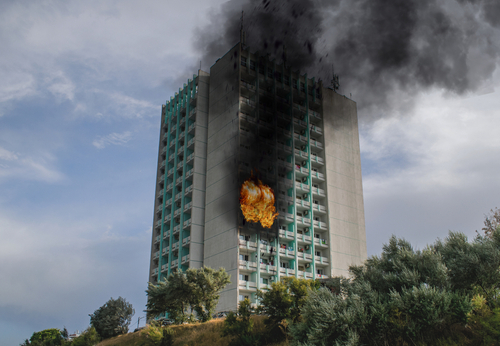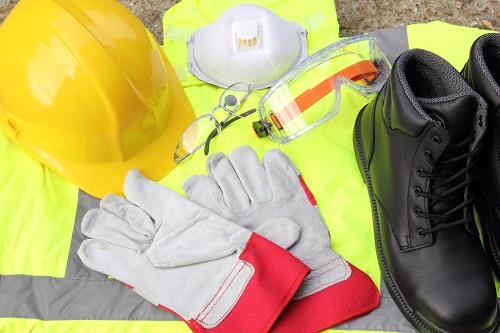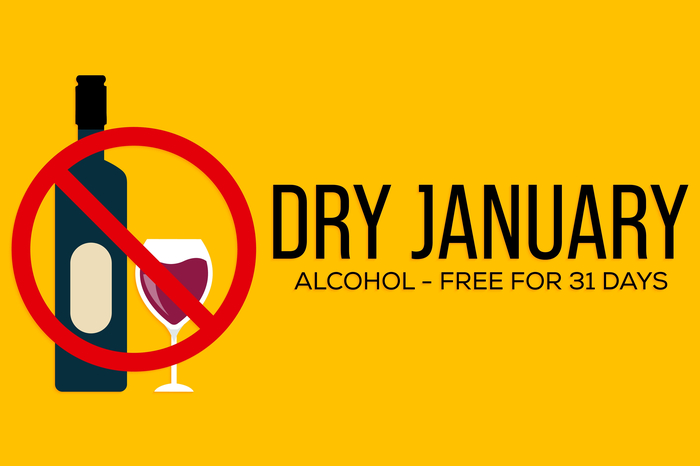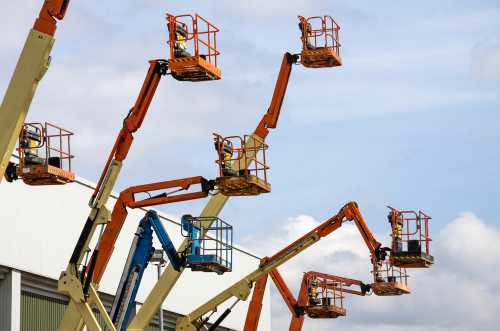Do your fire alarm engineers meet the competency framework?

Five years on from the Grenfell Tower tragedy, and following several enquiries, reports, and introduction of the Fire Safety Act in 2021, how much further on are we with improvements in competency in fire safety?
In the report from the Building a Safer Future enquiry chaired by Dame Judith Hackitt, the word ‘competent’ was used 185 times… so, where are we now?
We are now starting to see the implementation of the Steering Groups recommendations through the Fire Safety Act
What’s changed for those working within the fire alarm industry?
BS5839-1:2017 is the British Standard for fire detection and alarm systems in the UK, with recommendations for all fire alarm installations in non-domestic buildings.
How confident are you that your staff who work on these systems are competent, and understand the requirements of the standard?
Competence = Experience, Knowledge, Equipment and Behaviours.
Setting the Bar
A New Competence Regime for Building a Safer Future was commissioned as an overarching system for setting and overseeing standards of competence. Twelve Working Groups have been set up since October 2020 to provide frameworks towards competency.
Most reputable companies will already have in place Third Party Certification and can demonstrate their staff hold appropriate competencies.
Here are some suggestions on how competency of staff may be demonstrated:
- Level 2/3 Ofqual-regulated qualifications for individuals
- Membership of an appropriate competency scheme such as ECS or similar, showing relevant Certification
- Continual Professional Development (CPD) refresher training and the maintenance of individual skills
These would not only be required for design staff, but for anyone who installs, commissions, or maintains fire safety systems.
How confident are you now, that you could demonstrate in a court of Law your engineer’s competence?
We are now starting to see the implementation of the Steering Groups recommendations through the Fire Safety Act.
Since July 2021, it has been a requirement of CDM that those working on fire alarm systems have to show their qualifications through the ECS Card scheme, to enable them to work on fire safety systems. Competence will be defined by possession of a Regulated Qualification, and an ongoing CPD portfolio within a defined pathway.
Does this go far enough?
Sadly, the fire industry has been neglected and overlooked for far too long.
Could a ‘Gas Safe’ approach to working on any fire safety systems be the answer? Many fire safety professionals certainly think so, but this will take time and effort to get Government backing.
But is this a step too far? The hope of the Grenfell inquiry was that industry would take the lead on introducing its own competency scheme, which, while not a mandatory requirement, would be a widely recognised benchmark.
However, this approach appears to be falling by the wayside. As long as there are companies who will be looking to “cut corners” and “do work on the cheap”, there will always be need for legislation.
The Building Safety Act has introduced the concept of a Building Safety Regulator. This in turn is expected to highlight the need for more qualified surveyors to be available to conduct fire safety surveys. They are expected to be backed up financially by a government indemnity insurance scheme.
PAS 8673 is part of the Built Environment Competence Programme, which itself supports the Building Safety Bill to raise competence requirements for three newly regulated roles, namely those of principal designer, principal contractor and building safety manager.
.jpg?width=970&height=90&ext=.jpg)



























